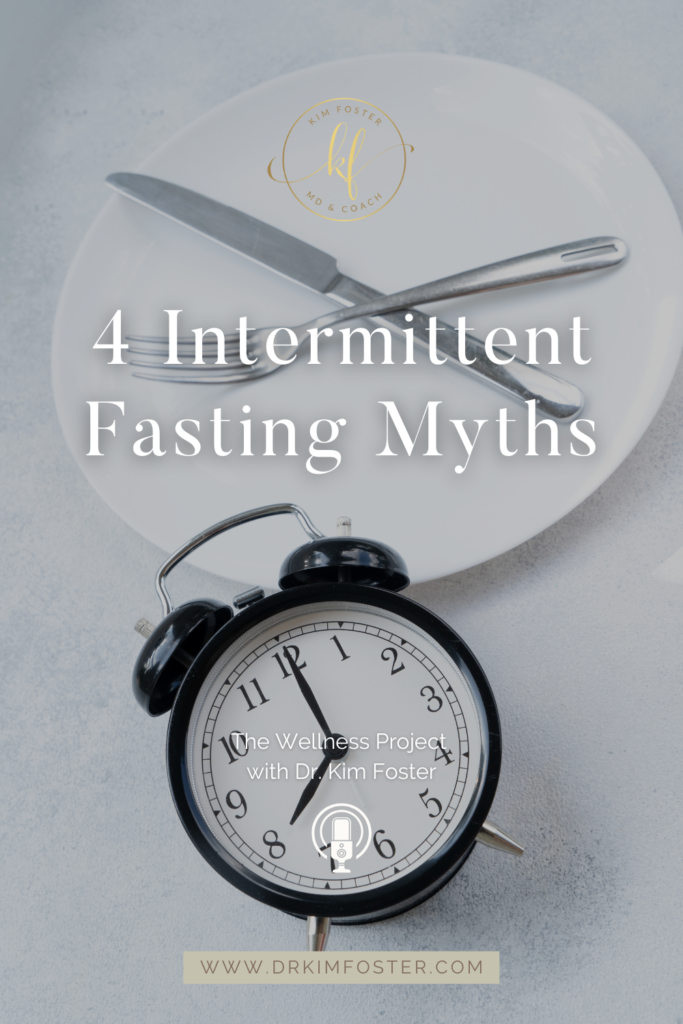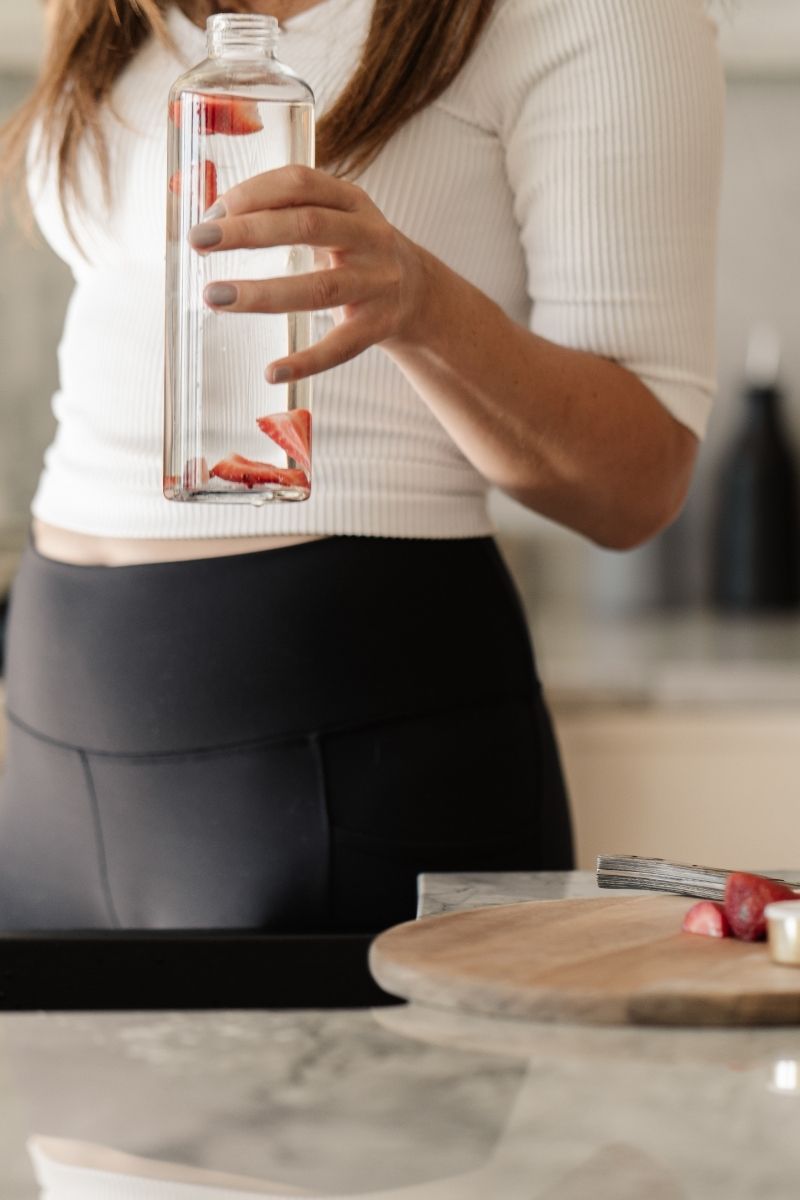How many times have you said something along the lines of “I would get up early to go to the gym before work, but I just don’t have the willpower”?
I think we are all (myself included) guilty of blaming a lack of willpower for not achieving our health and wellness goals.
But is it really willpower’s fault?
Well, willpower can certainly help us (in the initial stages at least) when trying to make a positive change in life. But the problem is we over-rely on willpower, which is the worst thing we can do and is what leads us to feel disappointed with ourselves once again.
So why should we not rely on willpower, and more importantly, what should we focus on instead?
Why Willpower Doesn’t Work
Willpower is our capacity to resist short-term temptations to achieve our long-term goals. Willpower allows us to exert conscious control over our emotions and behaviors, especially when faced with obstacles or distractions.
Based on this definition, it’s easy to think, “If I have enough willpower, I can build healthy habits just fine.”
But the problem is, we ALL struggle with willpower, and for a reason – it is fleeting and limited. So trying to rely on willpower is like relying on that flaky, always disorganized friend to be on time for an important appointment.
Let’s explore this further…
Willpower Is Finite
Willpower is a finite resource that can get depleted. This is why sometimes our willpower feels high, and we effortlessly stay on track while other times resisting temptation is, well, impossible.
Think of willpower like your mental energy. It starts high, but with every challenge you face, it lowers more and more. After a day of resisting temptation after temptation, it is totally depleted. And as you cannot resist anymore, you find yourself in front of the TV, demolishing a tub of ice cream at 10 pm.
Willpower Is Unreliable
Along with being limited, willpower is unreliable. Some days it is there; other times, it is not. Our will is influenced by so many factors, including how tired we are, our stress levels, and even the people around us.
For example, have you ever gone out for dinner with friends intending to get a salad and juice? As you drive there, you feel firm in your intent and tell yourself, “My willpower is high today; resisting burgers and beers will be easy.”
But then, when you arrive at the restaurant and are about to order, you notice how ALL your friends are ordering burgers and beers. As the waitress turns to you, you look around for your willpower only to discover it is nowhere in sight, and before you know it, you’ve ordered a burger with extra cheese and a large beer.
Where did your willpower go? Well, it’s a bit like that friend who always disappears on a night out. One minute they are dancing beside you, the next, they are gone, and you don’t see them again until hours later!
Willpower Encourages Shame & Self-Blame
Another reason we should not rely on willpower is that when it disappears, we tend to blame ourselves. We think things like, “What is wrong with me? Why can I never follow through on my decisions”?
This is the perfect setup for us to blame and start shaming ourselves, which does not do anything except make the situation a whole lot worse. To successively build and maintain a healthy habit, we need a supportive mindset, not a self-criticizing one.
Willpower Gives You An Excuse Not To Try
Now this one is huge, but we often don’t realize we are doing it.
Going back to the example of getting up early and hitting the gym before work. Imagine your colleague tells you they just started doing that, and they feel amazing. If you believe you’re not a ‘morning person,’ you will likely think something like, “Oh, that’s amazing for them, but I could never do it; I don’t have the willpower to get up at 5 am”.
By saying/thinking this, we are using lack of willpower as an excuse not to try. Something sounds difficult, so we subconsciously let ourselves off the hook by blaming our fleeting willpower. We believe that some people have willpower and others don’t and that we are the latter. Therefore, there is no point in us even trying.
This is such a dangerous and self-limiting way of thinking, but it is SO common! It all comes down to our beliefs about ourselves and the identity we create around them. If you choose to believe you don’t have willpower, you will always find an excuse not to make positive changes to your life.
What You Should Do Instead To Cultivate A Healthy Lifestyle
Hopefully you can now see that relying on willpower is not a great strategy for implementing healthy habits. But if will doesn’t work, then what does?
Well, one thing you should focus on is building small habits that don’t require willpower.
We’ve all been wired to believe we need willpower to build a habit, but this is NOT the case IF we start small.
Think about what habits are; Habits are unconscious things that we do without really stopping to think a lot about them. So if it’s just what you DO, then we don’t really need willpower to make us do it, right?
I’m pretty sure you don’t have to call on willpower to brush your teeth. Likewise, your mind probably doesn’t make up excuses about why you shouldn’t shower like it does when you think about going to the gym. We just know showering is something we HAVE to do, so we just do it without overthinking it.
If we bring this approach to the healthy habits we want to create, we will start to see them as things we just HAVE to do. And as we consistently practice that behavior and integrate it into our routine, it becomes more automatic and requires less willpower over time.
In this week’s podcast and YouTube episode, I go deeper into how to build habits without the need for willpower. I also share two other strategies for cultivating a healthy lifestyle that you can utilize instead of relying on your elusive willpower.
Watch the full episode on YouTube to learn them now:
If you prefer an audio-only version, here’s where you can listen to the podcast episode:
I’d love to know if this has triggered any “aha moments” for you. Did you realize you use willpower as an excuse not to try things? Or does relying on willpower negatively impact your self-image and increase feelings of shame?
Let me know in the comments, or find me on Instagram and send me a DM!
Resources Mentioned:
Download my FREE Change Your Mindset, Change Your Life workbook here:
Apply for the Wellness Coach Academy today: https://wellnesscoachacademy.com
More Helpful Resources:
- Download my FREE Marketing Checklist for Health Coaches: 12 Ways To Get Clients https://drkimfoster.com/checklist
- My Free Class: How To Build A 6-Figure Health Coaching Business Using One Signature Program
- Kim on Instagram: https://www.instagram.com/drkimfoster/

FREE CLASS!
Looking to take your wellness journey to the next level?
The 3 Secrets For Stepping Into A Meaningful New Career Without Wasting Time Or Money
- find out why health & wellness coaching is a skyrocketing industry that can provide the freedom and fulfillment you’ve been craving
- discover the 3 biggest myths about health & wellness coaching that will hold you back (and what the truth is instead)
- learn the secret sauce for getting amazing results for your clients (and building a profitable business as a wellness coach)
…and more!

Subscribe to my Podcast:






